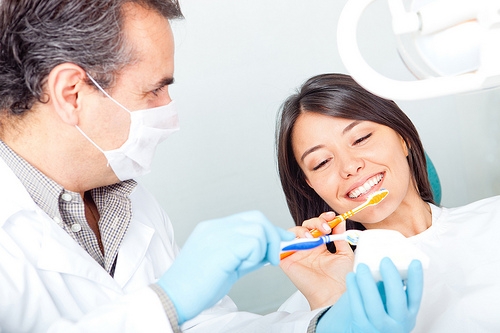Is there a correlation between my dental and cardiovascular health?
August 26th, 2020

YES! Studies have shown a correlation between gum disease and heart disease, underscoring the importance of good oral health care. Cardiovascular disease remains American’s leading killer, claiming more lives than the rest of major causes of death, according to our friends at the American Heart Association. In fact, an estimated 80 percent of American adults currently have some form of gum disease, also known as periodontal disease.
Studies suggest that people with gum disease are believed to have an elevated risk of heart attack and stroke. Since most patients are not regularly visiting a heart specialist, their regular visits to our Marysville, WA office can help detect early warning signs of heart issues, prevent gum disease, or at the very least catch it at its early stage. We’d also like you to know your numbers: blood pressure (less than 120/80), cholesterol (less than 200) and BMI (less than 25).
There are many benefits to visiting Northwest Smile Design in addition to maintaining your dental health. If it has been a while since your last visit, please give us a call!









 Website Powered by Sesame 24-7™
Website Powered by Sesame 24-7™